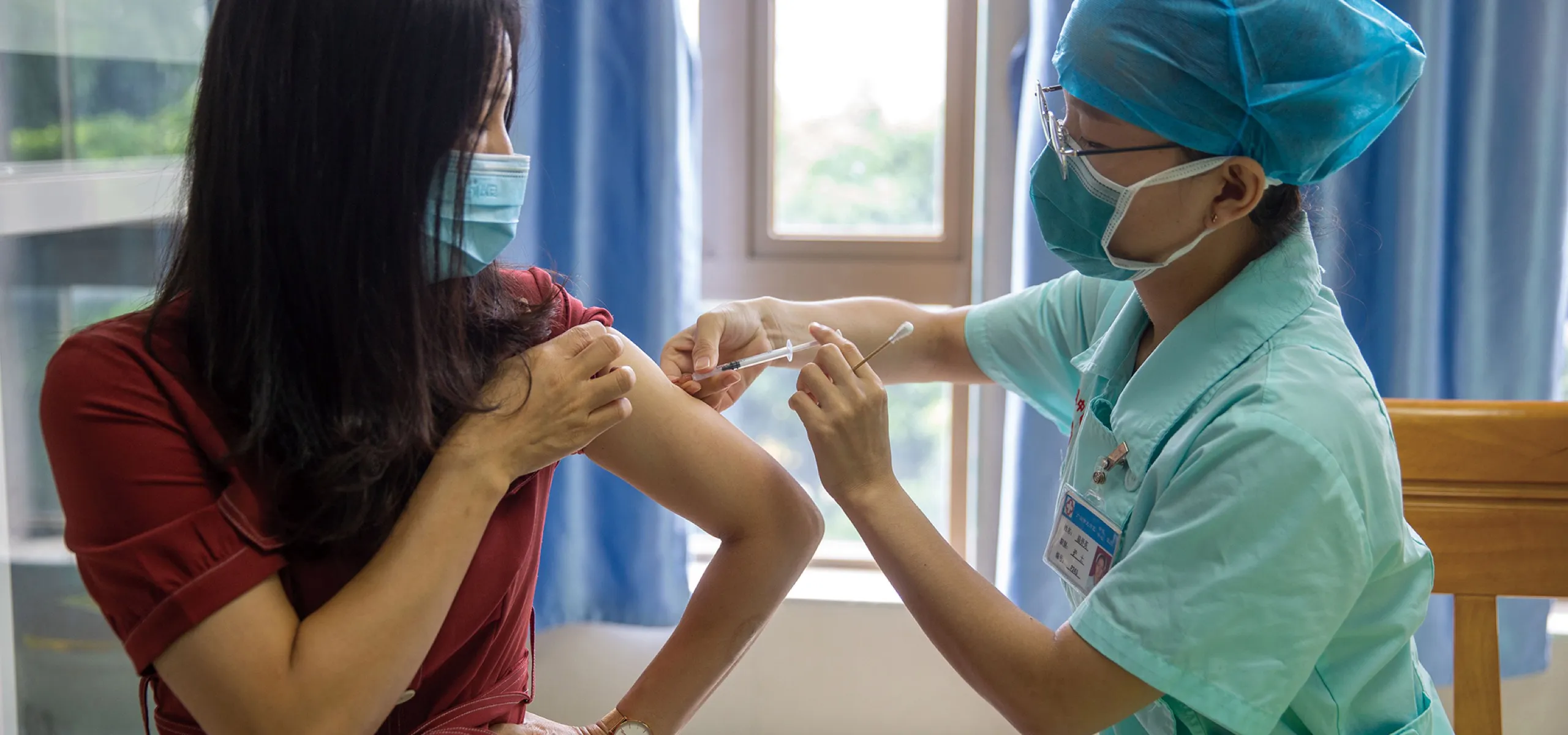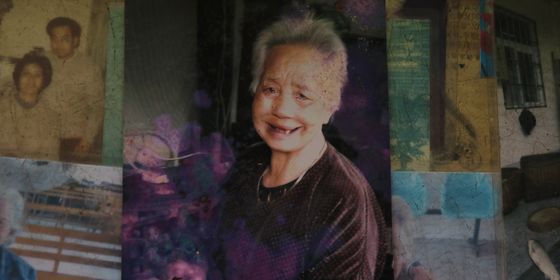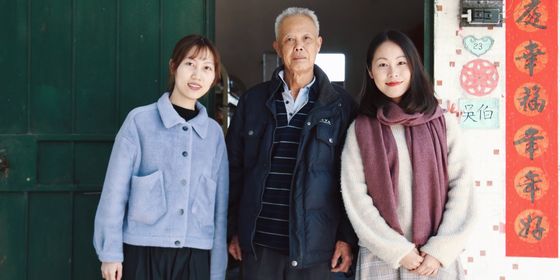A city in Inner Mongolia pioneers free HPV shots for thousands of women
Getting a Covid-19 vaccine in China is free, and can be as simple as walking down the street to the neighborhood clinic. But protecting against other deadly viruses is not so easy: Shots against the cancer-causing human papillomavirus (HPV), for example, can cost thousands of renminbi and involve excruciatingly long waits.
Ordos, in northern China’s Inner Mongolia autonomous region, is trying to change that by offering free vaccines against two types of HPV to thousands of female residents aged between 13 and 18 years old. The city of 400,000 people is the only place in China to have such a policy, and contrasts with major urban centers like Beijing and Shanghai, where women seeking the jabs through the public health care system must pay around 329 RMB (51 USD) per shot and face up to 18-month waits, or pay thousands to skip the queues at private clinics.
HPV is a common and highly infectious virus that can cause cervical cancer, which kills over 300,000 women worldwide each year. China has one of the highest rates of cervical cancer in the world, with 100,000 women diagnosed with the disease in 2018, and 48,000 dying from it, according to the World Health Organization’s International Agency for Research on Cancer.
American pharmaceutical company Merck & Co. sold the world’s first HPV vaccine in 2006, and imported vaccines from the US and UK entered the Chinese market 10 years later. But low supplies and prohibitive costs prompted wealthier women to get the shots overseas or in Hong Kong, which attracted around 2 million HPV “vaccine tourists” each year in 2017 and 2018, according to state news agency Xinhua.
In 2019, the National Medical Products Administration approved China’s first domestically developed HPV vaccine, which costs about half the price of imported varieties. But demand still far outstrips supply.
Zhao Xiaoxue (pseudonym), a 25-year-old marketing professional from Fujian province, got vaccinated while she was studying in the UK in 2019, paying around 500 pounds (5,000 RMB) for three doses. “When I found out about the vaccine, there wasn’t much supply [in China]…only big cities had it,” she says. “[Getting the vaccine] was like a ‘must-do’ thing for female Chinese students in the UK.”
China’s fledgling HPV vaccination program is hampered by a lack of public awareness. In a 2019 study of over 1,000 college students by researchers at Wuhan University, only 29.6 percent knew that HPV can cause cervical cancer. Just 33.7 percent of respondents indicated that they would choose to get HPV shots in China, with many citing concerns about vaccine safety, a lack of publicly available information, and high costs.
Ordos has a track record of pioneering women’s health policies. The HPV vaccination campaign follows a similar initiative last August in Jungar banner, a county-level jurisdiction under the city’s authority, where the local government gave free HPV shots to 10,000 girls. Ordos has also invested 30 million RMB over the past five years to offer free cervical and breast cancer screenings to women aged 35 to 64. So far, 190,000 people have taken part, according to local government figures.
Local schools have also been arranging free HPV jabs for students. Kang Huan, a middle school teacher in Ordos, tells TWOC that all eligible girls in his class have signed up for the vaccine, with about 200 girls at his school getting their first shot in one day. Kang says parents and students were supportive of the policy: “We didn’t encounter any problems…it was like giving these girls a gift.”













